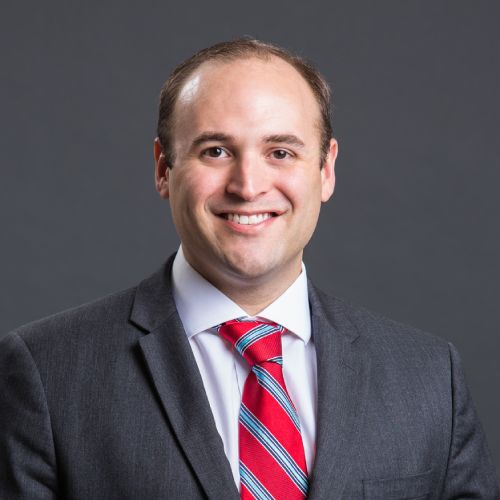The sudden loss of a loved one is a devastating experience. Grief can be overwhelming, and the desire for justice often arises amidst the emotional turmoil. Florida’s wrongful death law allows certain family members to pursue legal action if their loved one died due to another party’s negligence. But who can claim wrongful death in Florida? Identifying which surviving relatives qualify can be confusing.
Here at James Horne Law, we understand the complexities of wrongful death claims. Our team of legal professionals has the legal knowledge and experience to determine if you are a qualifying survivor. This blog will summarize the eligibility requirements to determine who can sue for wrongful death in Florida.
What Is Wrongful Death in Florida?
A wrongful death claim refers to a claim brought by surviving relatives against the party who negligently caused the death of their loved one. Wrongful death claims are governed by state law.
Florida law states that when someone’s death is the result of the “wrongful act, negligence, default, or breach of contract or warranty” of another person or entity, certain surviving family members can pursue legal action to recover damages.
However, only some relatives are entitled to make these claims.
Which Relatives Can File a Wrongful Death Claim?
Florida law requires a wrongful death claim to be brought by the decedent’s personal representative for the benefit of the decedent’s survivors. Only one claim can be brought. The decedent’s representative must list all possible survivors who can claim compensation.
Under the Florida Wrongful Death Act, the following survivors can recover compensation for the death of the decedent:
- Surviving spouse. A spouse may recover compensation for the lost companionship protection of their spouse. They can also receive pain and suffering damages.
- Children. Minor children can receive compensation for lost parental companionship, instruction, guidance, and pain and suffering. Adult children may be eligible for these damages if the spouse is deceased.
- Parents. Parents of a minor child or an adult child with no other beneficiaries can receive compensation for pain and suffering.
- Dependents. Any blood relatives or adoptive brothers and sisters can also receive compensation if they were partly or wholly dependent on the defendant for support or services. Blood relatives can include siblings, grandparents, aunts, uncles, or cousins as long as they were dependent upon the decedent for support.
Any children born out of wedlock are considered to be the child of the mother and can receive damages in the event of her wrongful death. However, children born out of wedlock can only receive compensation if their deceased father supported them while he was alive.
All entitled survivors may also recover compensation for loss of support and services from the decedent from the date of their injury to the date of their death. They can also recover future loss of support and services.
The damages awarded depend on the survivor’s relationship with the decedent. The following factors are considered during the calculation:
- Survivor’s relationship with the decedent,
- Amount of the decedent’s net income available for distribution to the survivor, and
- Replacement value of decedent’s services to the survivor.
If any survivors paid the decedent’s medical costs, they can recover these expenses as damages in the wrongful death lawsuit. Likewise, if they paid the funeral and burial expenses, they can recover these costs.
How Long Do Relatives Have to Bring a Wrongful Death Claim in Florida?
A statute of limitations is a legal deadline, and missing it can bar your case entirely. If a loved one died due to another’s negligence, Florida law gives you two years to file a wrongful death claim. This time limit begins the day your loved one died, not the day the negligent act that caused their death happened.
Suppose your loved one was in a car accident on June 1 but died as a result of their injuries on June 21. Their two-year deadline starts ticking on the date they died (June 21), not the date of the accident (June 1),
Missing this deadline can cause devastating consequences for your wrongful death claim. Don’t wait to contact a Florida wrongful death lawyer.
Contact James Horne Law for a Free Case Evaluation
Claiming wrongful death in Florida can be complicated. Don’t try to navigate these murky waters alone. James Horne, a Martindale-Hubbell AV-Preeminent rated attorney with 12 years of experience and recognition by Super Lawyers, leads our team.
He understands the weight of wrongful death claims. We don’t just fight for compensation. We fight for what’s right. Our team treats every client like family, providing compassionate guidance throughout this challenging journey.
James Horne Law works on a contingency fee basis. You won’t pay a dime unless we successfully recover for you. Don’t miss your deadline to file.
Contact us today and let our experience work for you.


